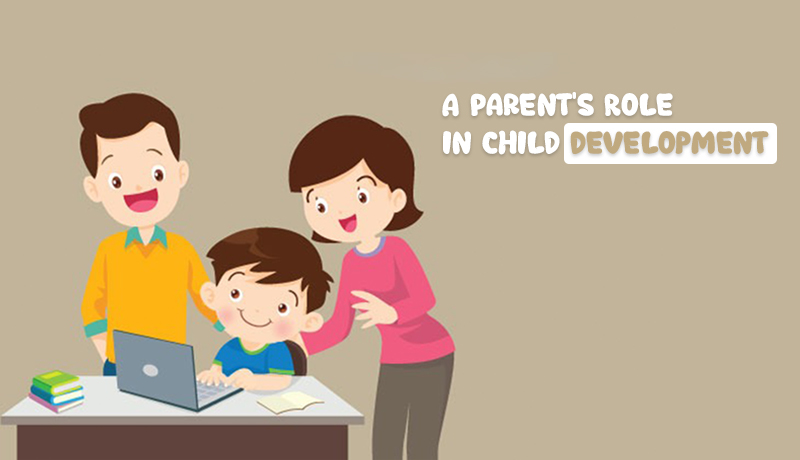
A newborn baby doesn’t come to the world with knowledge and skills in its hands. They learn and experience everything and begin to understand them better when they grow older. Children grow and acquire knowledge rapidly in the first five years of developing motor skills, language, communication, cognition, and social/emotional.
Cognitive development is a process through which a child acquires knowledge and learns how to utilize it. It is the process of learning more about the world. The development of knowledge, skills, powers of reasoning, problem-solving, and dispositions is part of the cognitive development process.
The entire process of cognitive development from childhood to adulthood has been explained in an informing theory named Piaget’s Stages of Cognitive Development. An infant’s development till adulthood has been classified into four stages: sensorimotor, preoperational, concrete operational, and formal operational.
Sensorimotor Stage
This stage explains the early stage of memory development in an infant. The Sensorimotor stage of cognitive development usually lasts from 18 to 24 months of age when the infant’s brain prompts physical, independent, and purposeful movement.
Preoperational Stage
The preoperational stage in a child’s life usually lasts till the age of 7 years. During this stage, the child develops learning languages, imagination, and initial creativity skills. It is the most crucial period of intellectual development in a kid’s life.
Concrete Operational
The Concrete Operational stage usually lasts from 7 to 11 years of age of a child that plays a significant role in his partial brain development. The signs of concrete and positive reason and observing a little more complex things show in this preadolescent age of children.
Formal Operational
In the formal operational stage of development, children in the 10 to 12 age group are introduced to logical thinking and reasoning. It is an advanced stage where they learn concrete and abstract concepts that improve critical thinking, creativity, and intellectual abilities in children. These skills help them to be better decision-makers while choosing their interests and picturing the future.
During the progress of an infant to a toddler, they not only grow in their health and body, but the progress also happens in the areas of language, communication, motor, cognitive, social, and emotional development. To promote cognitive development, parents need to engage themselves in quality interactions with their children. Here are some examples –
Focusing on advancing cognitive development in 2 years old children is crucial as significant neurological development tends to occur during this age. Sending them to kindergarten or preschool helps them practice some fun activities with their mates and teachers. Here are some really interesting activities:
Block Games – Block games help toddlers to develop hand-eye coordination and fundamentals of balancing. The children also get to observe size, shape, height, weight, and patterns with the help of blocks. Children who usually play with blocks are generally better at understanding the basics of symmetry.
Board Games – There are various types of board games that help to develop numbers skills, language, logic, and analysis. Board games are productive activities that let the children have fun while playing.
Rhyming Activities – Rhyming is the most effective way of developing and promoting cognitive skills in children. Good rhymes help to increase vocabulary skills.
Reading – Reading is the most effective way to improve literacy, language, and critical thinking and promote moral development in toddlers. Books are the best source of knowledge, facts, experience, and information.
Storytelling – Narrating a story is a part of storytelling that boosts confidence and communication skills in children. Parents, teachers, or guardians can give any random topic to the children to imagine a story and let them narrate the same in front of a group audience.